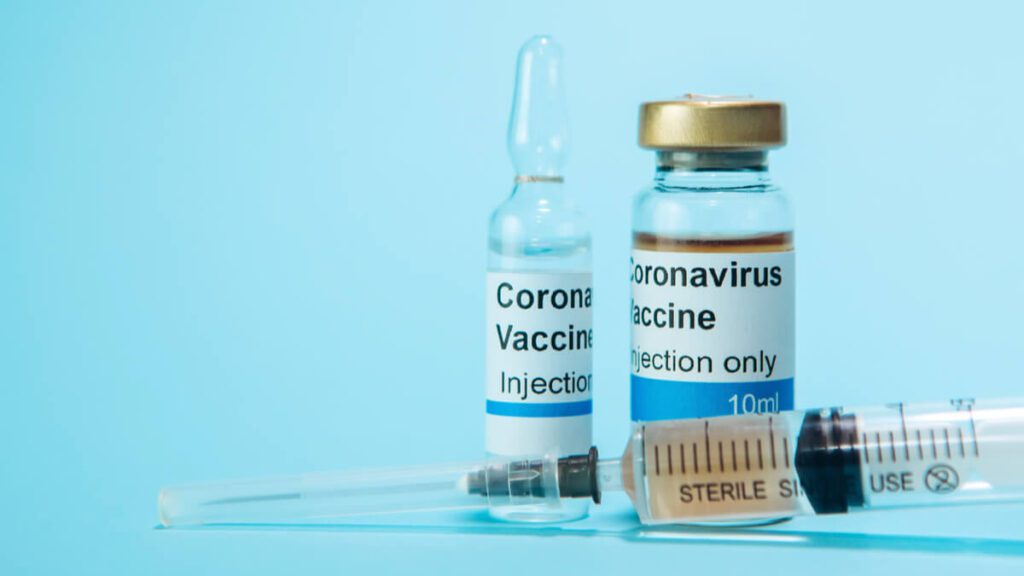
Robin Shattock, Professor of Mucosal Infection and Immunity at the Faculty of Medicine, Imperial College London is leading the research for a candidate COVID-19 vaccine. The research team are recording data from the trials to infer whether the vaccine will be tolerated well by the human body and produce an effective immune response against the virus.
Professor Shattock highlighted the vaccines future while speaking at an online seminar series with the Imperial College Academic Health Science Centre (AHSC).
Other vaccines are usually developed by growing a virus or a protein, however the Imperial COVID-19 vaccine is produced via synthetic strands of genetic code (known as RNA) that are based on the virus’s genetic material. When it is injected into the muscle, the RNA will self-amplify and generate copies of itself, instructing the body’s own cells to create spikey protein copies that are located on the outside of the virus. This in turn trains the immune system to reply to the coronavirus making it easy for the body to recognize and defend itself against COVID-19 in the future.
Professor Shattock highlights that’s the new technology has several advantages for the future, such as the ability to produce millions of doses of the vaccine in mere weeks and at a low cost. Furthermore, he is a firm believer that this technology can be adapted to prepare scientists for pandemics in the future in a faster way.
The COVID-19 vaccine has successfully gone through several rigorous pre-clinical safety trials, and it has proven to be safe in animal studies and has showed encouraging results for an effective immune response.
In August 300 healthy participants were administered two doses of the COVID-19 vaccine. If the vaccine is safe and yields a promising and positive response in humans, then it will move forward to larger Phase III trials, which will be planned later in the year with around 6000 healthy participants. The plan is for the vaccine to be introduced to the UK and countries across the world for adequate long-term protection against COVID-19.